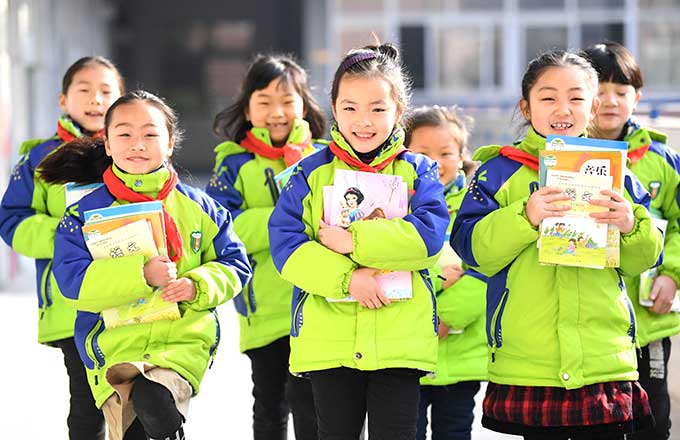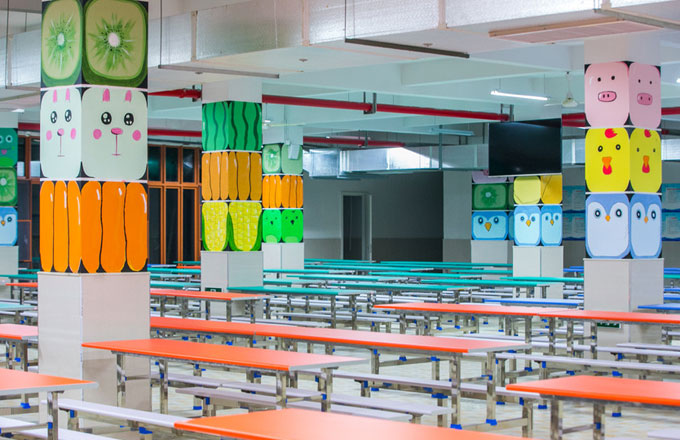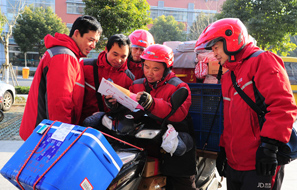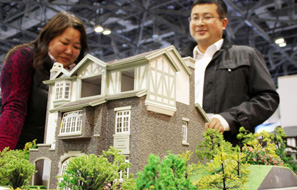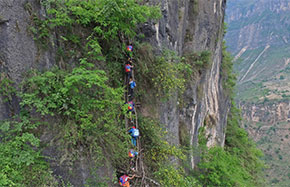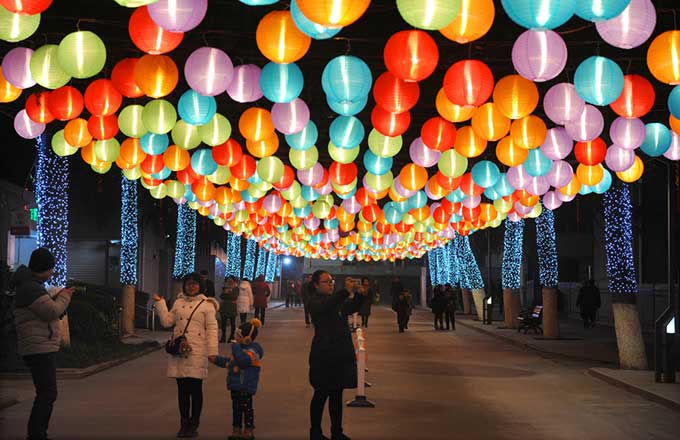Tibetans mark emancipation of serfs
Bandetso, 14, is a junior high school student in Lhasa. It was the second time that she came to the flag-raising ceremony.
"My parents told me our life today was hard-earned. I am glad to be in the crowd to commemorate this occasion," she said.
Bandetso said her family welcomed the policy in Tibet that waived tuition fees for students before college.
"It eases my parents' burdens. I don't have to worry if my family can't afford my education," she said.
Dradul, a monk from Tsurphu Monastery in Doilungdeqen, another county in suburban Lhasa, said monks and nuns in Tibet enjoy improved living conditions, as electricity, running water and medical insurance have been offered to them.
Dradul made the remarks at a forum in Lhasa on Thursday.
In recent years, monks and nuns have been given higher representation and greater influence in the political arena, occupying more seats at legislative and political advisory bodies in regional, prefecture and county-level governments, he said.
Tibet saw its gross domestic product soar to 69.56 billion yuan ($11.19 billion) in 2012, more than 100 times that of 1959. The region's economy has maintained double-digit growth for 20 years, Losang Jamcan, chairman of the Tibet regional government, said in a televised speech on Wednesday.
Some 88 percent of the farmers and herdsmen have moved to new houses with better conditions. Their per capita net income reached 5,719 yuan. They have fewer worries about children's education costs, as Tibet is the first provincial level administrative region in China to provide 15 years' education free of tuition fees, Losang Jamcan said.
People's average life expectancy in Tibet rose from 35.5 years in 1959 to 71 years. Tibet has a universal healthcare system based on free medical services that have cost more than 2 billion yuan over the past 10 years. A strong emphasis is placed on environmental protection in Tibet, which is home to 47 natural reserves and 21 ecological conservation areas, which account for 34.5 percent of Tibet's area, the highest ratio in China, Losang Jamcan said.
He said further efforts will be made to strengthen the competitiveness of agriculture and animal husbandry, improve people's livelihoods and public services in Tibet, and maintain social stability and national sovereignty.
Contact the writers at daqiong@chinadaily.com.cn and liyao@chinadaily.com.cn
Wang Huazhong in Lhasa contributed to this story.



